Last updated on June 28th, 2024 at 08:25 pm
The consumer decision-making process includes five basic processes or steps. Consumers make a purchase decision by going through this process. The individual buying process of decision-making leads to all purchase decisions. Individual buying processes are influenced by various factors or elements.
Table of Contents
The consumer decision-making process may appear unknown, however, when making a purchase, all consumers follow the same basic stages to discover which products and services will best meet their needs and wants.
In this blog, we will discuss the Individual customer or non-institutional customer and the buying process of individual customers in brief.
what is an individual or non-institutional customer?
The customer who buys products or services for personal use or consumption as well as daily domestic use is called an individual customer. Such customer buys the goods for consumption or ultimate use. Similarly, such customers buy different varieties of goods and services to meet their needs and requirements.
5 Essential Steps in the Individual Customer-Buying Process
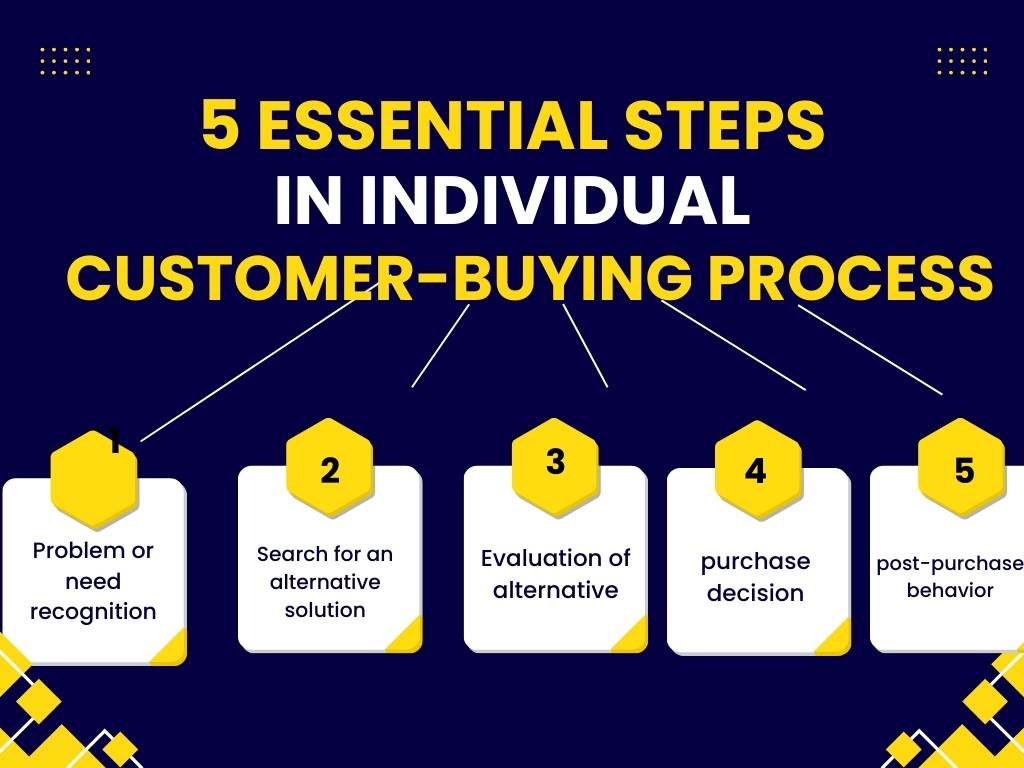
Think of shopping as a journey with five important steps. From wanting something to finally get it, there are a few steps that make it happenIndividual customers generally adopt the following process to buy a product or service as mentioned below:
- Problem or need recognition
- Search for an alternative solution
- Evaluation of alternative
- purchase decision
- post-purchase behavior
1. Problem or need recognition
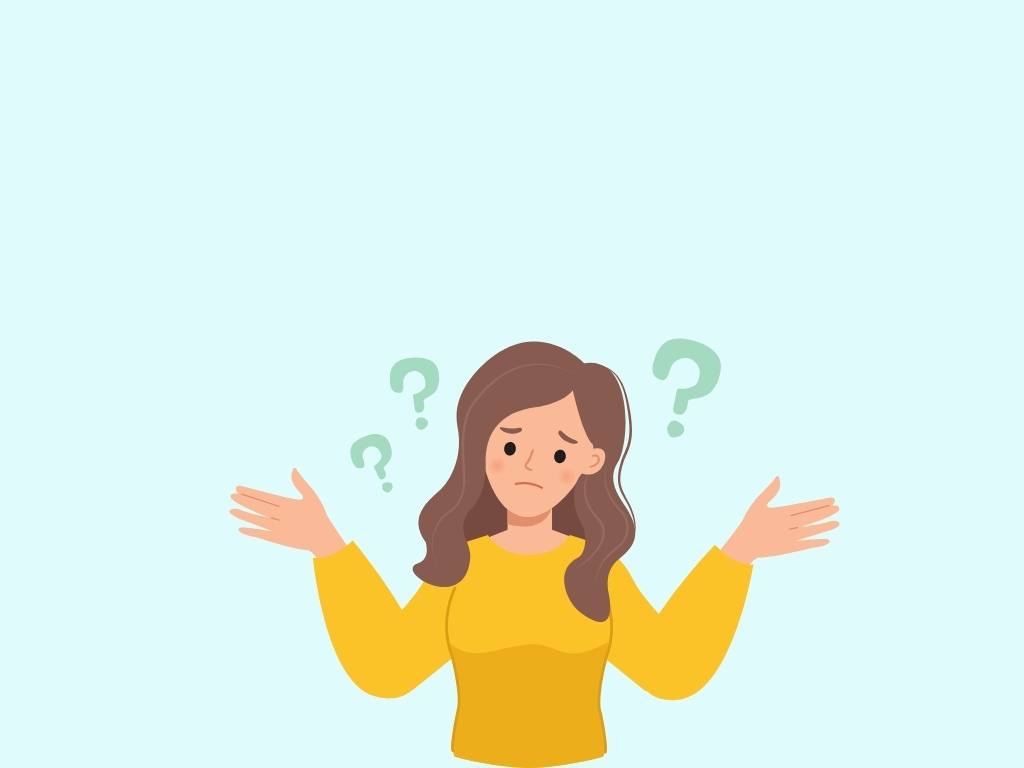
The first step in the buying process of individual customers is a problem or need recognition. Consumers feel uneasy and need of product. Consumers identify that the product is needed by circumstances and communication media.
In this process, a customer experiences of certain event and situation. In the same way, In this stage, consumers identify needs by external drive.
2. Search for an alternative solution
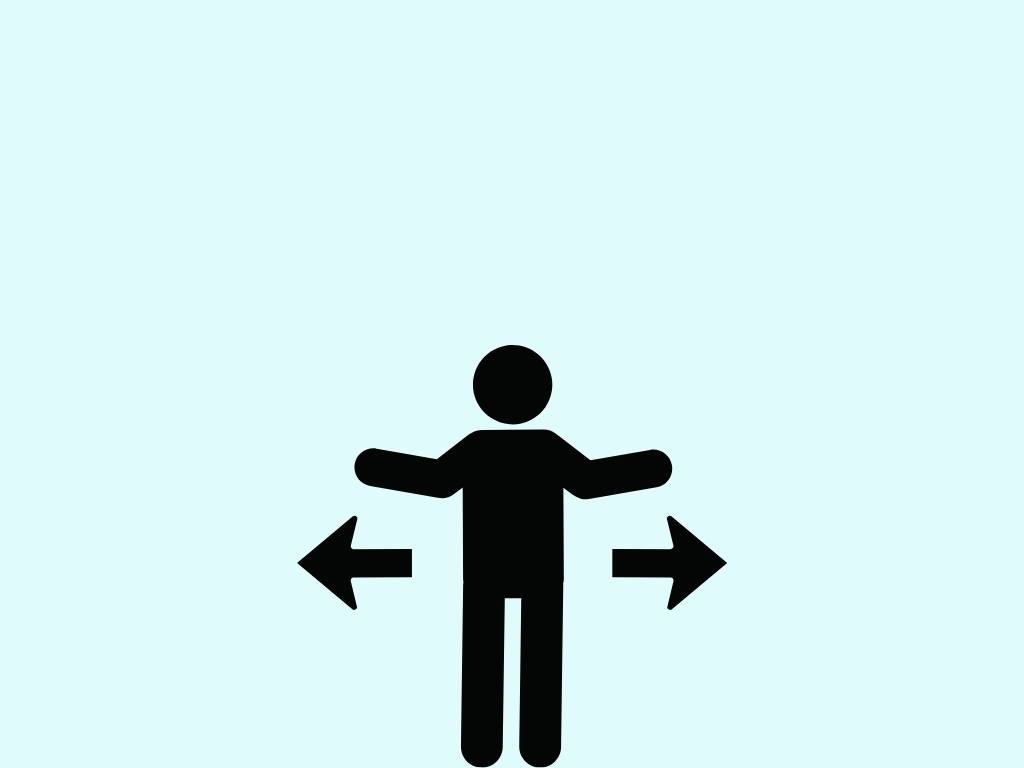
In the same way, the second step of the buying process of an individual customer is to search for an alternative solution. In this stage, consumers search for products, brands as well and other information.
Similarly, consumers can consult with friends, family members, salesmen, dealers, media, and so on. to collect information about the products. In the same way, consumers search for the characteristics of the product to satisfy their needs. They can collect detailed information about the alternatives of the product from internal and external sources.
3. Evaluation of alternative
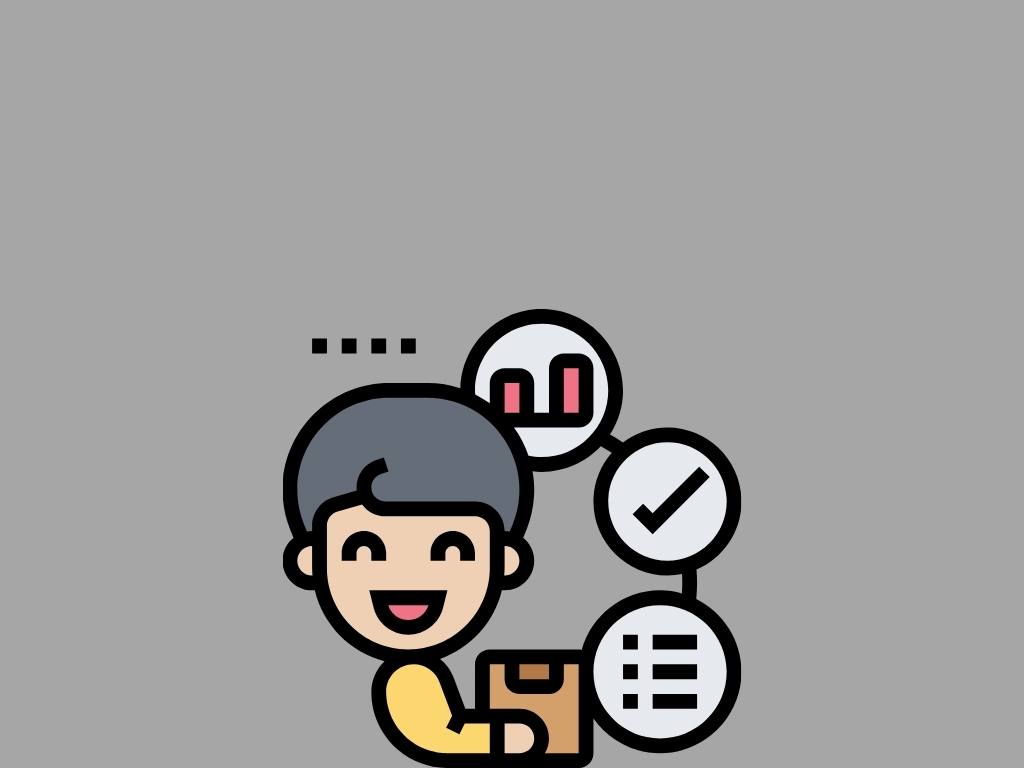
The third step of the buying process of individual customers is the evaluation of alternatives. Consumers evaluate the price, quality, and brand of different products. They take help from their family members, relatives, and friends to evaluate the different alternatives.
In this step, the consumer gives potential value to the product according to need. Finally, the consumer takes the decision either to buy or not. This process is very difficult because It involves the evaluation of alternatives which includes product types, brands, price, and many more.
4. Purchase decision
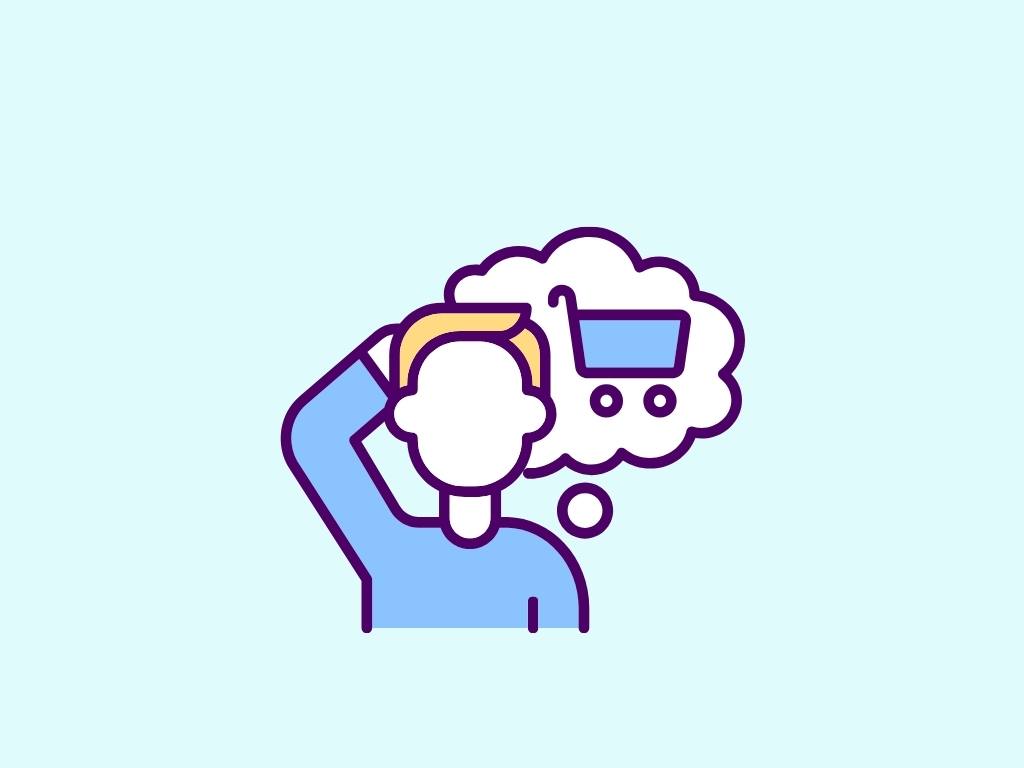
Similarly, after searching for alternatives and evaluating the wide range of alternatives, it is time to make a purchase decision for the consumer. This process includes deciding to buy the product.
Cultural and family influences affect to purchase decision of consumers. In this step, negation with the seller is made regarding price, delivery, warranty, mode of payment, and so on.
5. Post-purchase behavior

The last step in the buying process of an individual is post-purchase behavior.
It includes keeping the product and package after the consumption, disposing product, and showing psychological dissatisfaction by consuming after the purchase which is also known as cognitive dissonance.
You may also like to ask:
The individual customer buying process is the major step that a person takes when considering and making a purchase decision. It starts with the needs or problem and ends when the purchase is completed.
Businesses need to understand the buying process of individuals because the journey of a thousand sales begins with understanding the journey of one individual customer. In the same way, It also helps to enhance customer satisfaction, build trust, and increase the sales of the products.
The individual buying process includes the five essential steps they are the problem or need recognition, search for alternative solutions, evaluation of alternatives, purchase decision, and post-purchase decision.
The post-purchase phase involves using the product or service and experiencing its benefits. Businesses should continue to assist, answer complaints, and ensure client happiness.
Conclusion
In this blog, we discussed the buying process of individual customers or non-institutional customers in brief. As we know the buying process of an individual customer includes 5 major steps i.e. problem, search for alternative, evaluation of alternative, purchase decision, and post-purchase behavior.
By following these processes a consumer can make the purchase decision according to their needs and requirements.

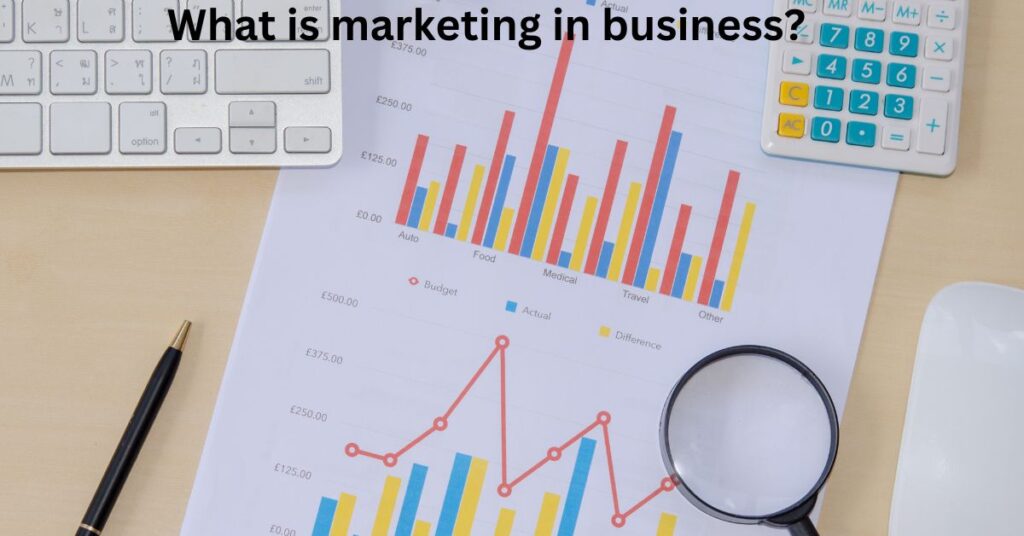

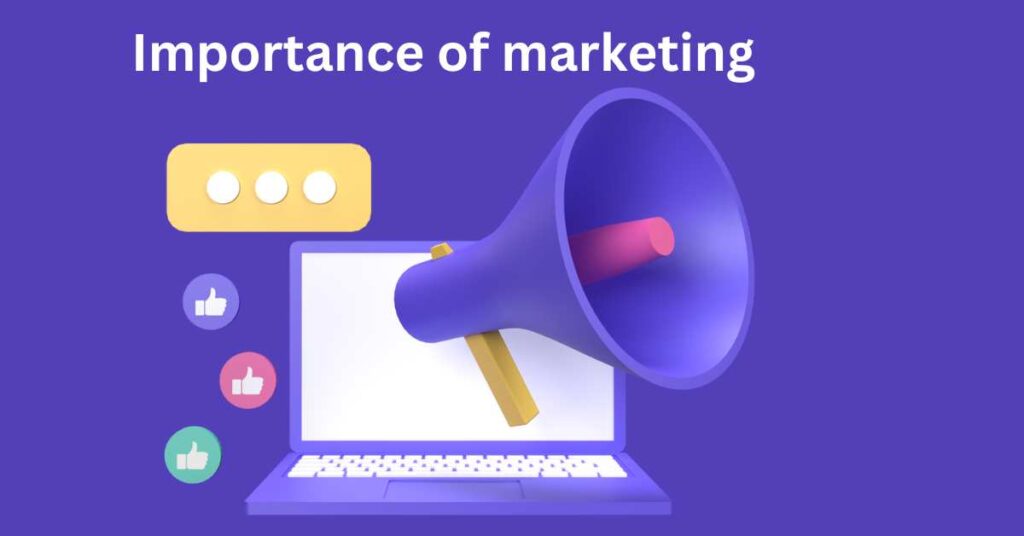

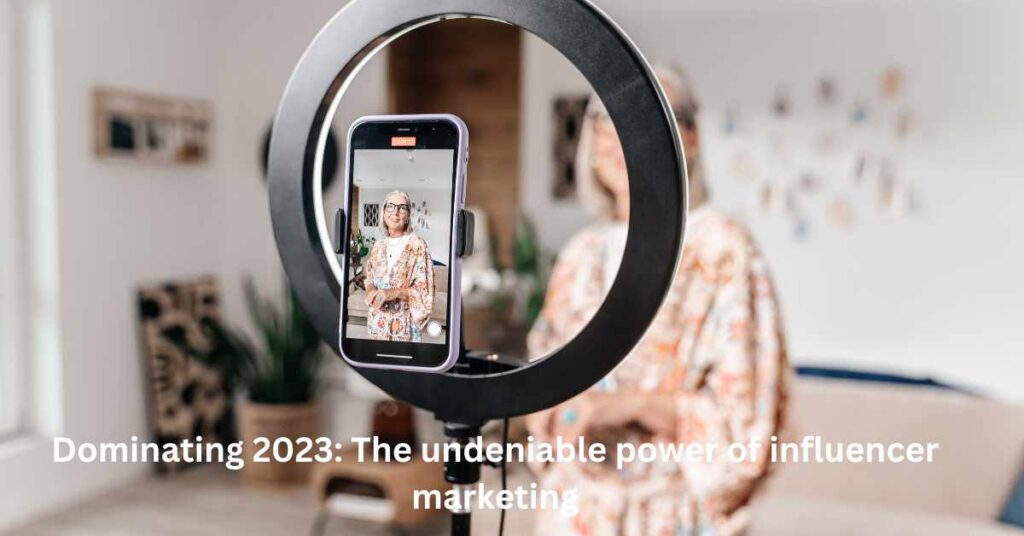
Thanks for sharing. I read many of your blog posts, cool, your blog is very good.